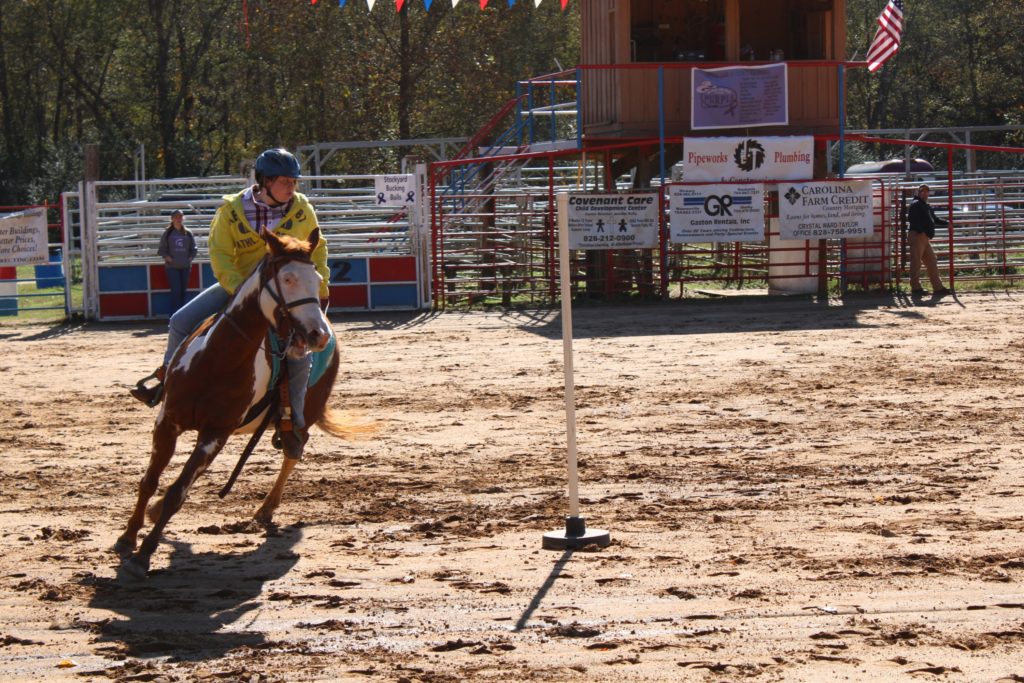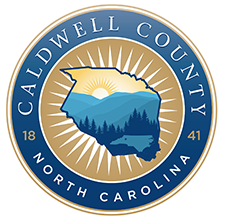How to Encourage Healthy Risk-Taking in Youth
go.ncsu.edu/readext?663080
en Español / em Português
El inglés es el idioma de control de esta página. En la medida en que haya algún conflicto entre la traducción al inglés y la traducción, el inglés prevalece.
Al hacer clic en el enlace de traducción se activa un servicio de traducción gratuito para convertir la página al español. Al igual que con cualquier traducción por Internet, la conversión no es sensible al contexto y puede que no traduzca el texto en su significado original. NC State Extension no garantiza la exactitud del texto traducido. Por favor, tenga en cuenta que algunas aplicaciones y/o servicios pueden no funcionar como se espera cuando se traducen.
Português
Inglês é o idioma de controle desta página. Na medida que haja algum conflito entre o texto original em Inglês e a tradução, o Inglês prevalece.
Ao clicar no link de tradução, um serviço gratuito de tradução será ativado para converter a página para o Português. Como em qualquer tradução pela internet, a conversão não é sensivel ao contexto e pode não ocorrer a tradução para o significado orginal. O serviço de Extensão da Carolina do Norte (NC State Extension) não garante a exatidão do texto traduzido. Por favor, observe que algumas funções ou serviços podem não funcionar como esperado após a tradução.
English
English is the controlling language of this page. To the extent there is any conflict between the English text and the translation, English controls.
Clicking on the translation link activates a free translation service to convert the page to Spanish. As with any Internet translation, the conversion is not context-sensitive and may not translate the text to its original meaning. NC State Extension does not guarantee the accuracy of the translated text. Please note that some applications and/or services may not function as expected when translated.
Collapse ▲Texting while driving and substance abuse are topics families and schools discuss with young people and warn them to avoid. Youth will be faced with tough decisions throughout their life. They will be expected to quickly assess difficult situations and calculate consequences; and it is, in fact, part of their normal development to want to participate in some risk.
Providing healthy-risk taking opportunities can teach youth how to safely test boundaries and learn about risk.
“It’s a tool to define, develop and consolidate their identity,” said Lynn Ponton, professor of psychiatry at the University of California in a 2010 radio interview with NPR correspondent Joanne Silberner. “Healthy risk-taking is a big part of growth.”
Ponton recommends parents have an ongoing dialogue about healthy choices, and she emphasizes that adults can pattern these habits to youth in their lives as an example.
Youth, and teenagers especially, are likely more responsive to instruction about healthy-risk taking when adults are honest.
“Try something new as a family or group,” said Lisa Bottomley, Michigan State University Extension Specialist. “Risky behaviors are often deemed as exciting, because they are new. Consider activities like kayaking, stand-up paddleboarding, trying new foods, taking lessons or going to a theme park.”
Examples of other activities that constitute healthy risk-taking are playing sports, public speaking and meeting new people.

Kate Black of the 4-H Saddle Club competes at the 2019 fall horse show, opening herself up to healthy risk in a positive, controlled atmosphere.
“Encourage young people to run for a class officer position, try out for a team or a play,” Bottomley said. “There is risk inherent to making oneself vulnerable to critique. Support a young person by helping him or her practice before tryouts or create a campaign for office.”
4-H provides opportunities to run for club officer positions during the year, and youth can present and perform at County Activity Day in April. In addition to 4-H Clubs, there are dozens of individual projects to choose from, so there will always be something new to explore and try, if youth have not yet discovered their passion.
To prepare for instances of unhealthy risk, parents can practice refusal skills with their youth.
Virigina Johnson is an educator with the Alice Aycock Poe Center for Health Education in Raleigh. With her own teenage son, she allows him to get out of one chore each week by practicing refusal skills. He must use a different type each time, and there are nine different types of strategies the center recommends.
Johnson says practice helps youth feel more confident when they are faced with an unhealthy risk situation, such as being offered alcohol underage, pressured into vaping or encouraged to act recklessly while driving.
Some are as simple as saying “no thanks,” walking away, and changing the subject. The others are giving a reason, fact or excuse; using humor; being a broken record, which is also called repeated refusal; giving someone the cold shoulder and ignoring the individual; avoiding the situation; and finding strength in numbers by having youth surround themselves with friends making good choices.

Practicing and tackling a task often associated with feelings of nervousness or anxiety, like public speaking, helps youth learn how to control their emotions and feel rewarded when they have accepted risk.
More information about healthy living and upcoming 4-H activities is available online at caldwell.ces.ncsu.edu. Caldwell County 4-H is a member agency of United Way, and it enthusiastically supports its partnerships.
Captions
IMG_1011: Kate Black of the 4-H Saddle Club competes at the 2019 fall horse show, opening herself up to healthy risk in a positive, controlled atmosphere.
4O8C289: Practicing and tackling a task often associated with feelings of nervousness or anxiety, like public speaking, helps youth learn how to control their emotions and feel rewarded when they have accepted risk.




